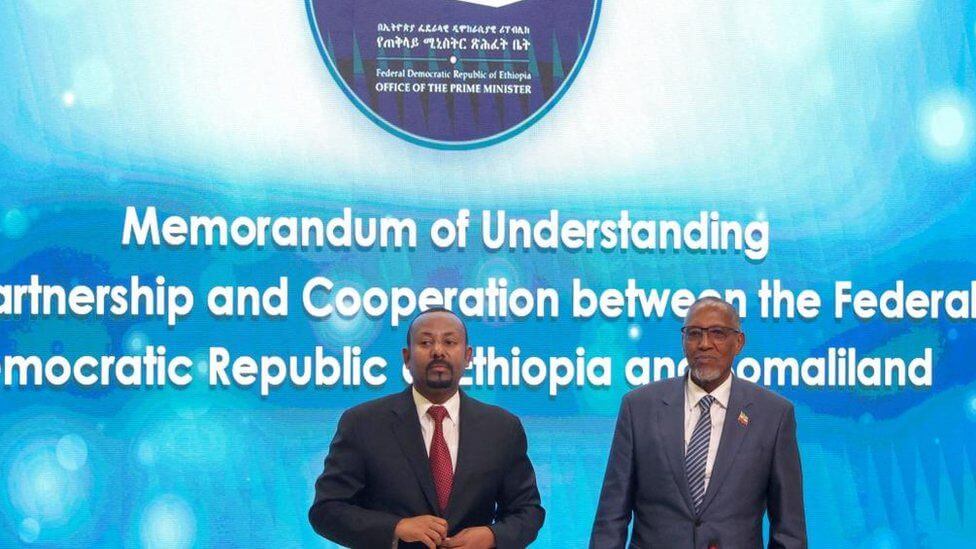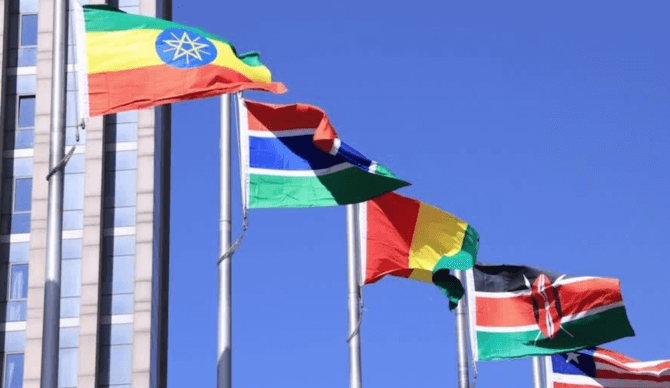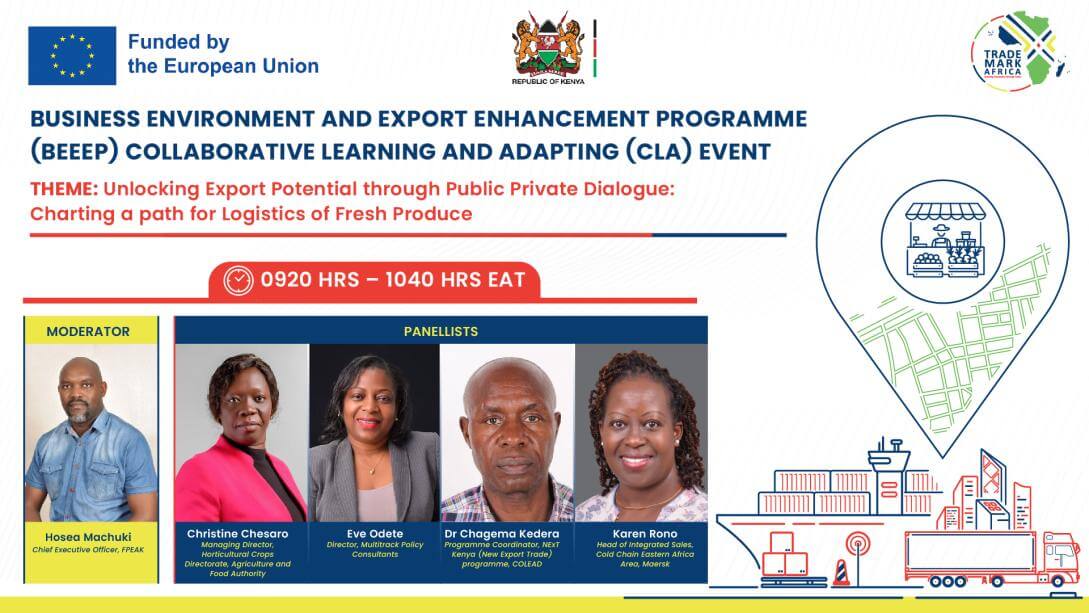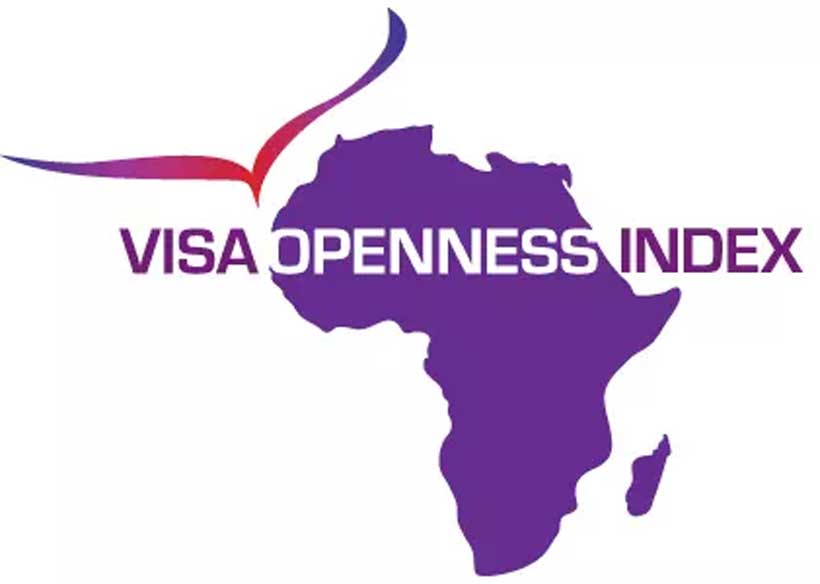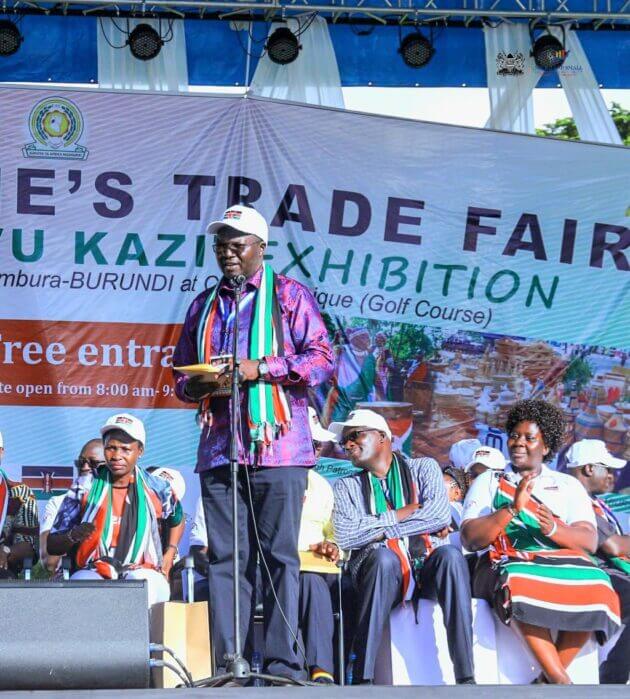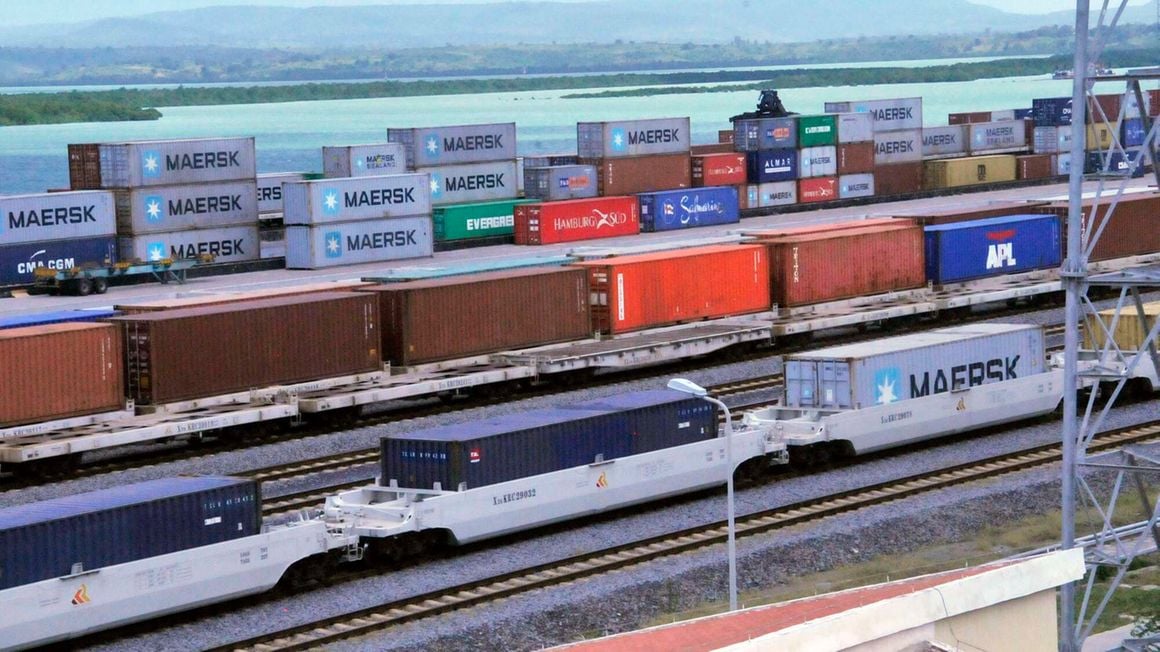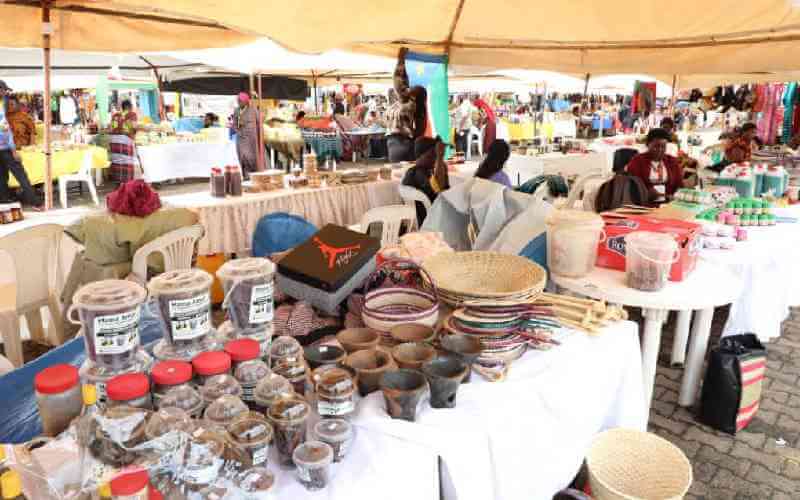In the dynamic world of trade, where aspirations of growth and prosperity are painted on a vibrant canvas, there lurks an ominous spectre - Gender-Based Violence (GBV). This silent adversary creeps into the fabric of trade, gnawing away at the potential of women entrepreneurs and obstructing the path to inclusivity. Recent dialogues, spearheaded by TradeMark Africa, following the culmination of 16 Days of Activism against GBV, echoed a resounding call to action. Within the bustling corridors of trade, GBV emerges not merely as an obstacle but as an insurmountable impediment, inflicting profound physical, emotional, and financial wounds on women. Survivors grapple not just with the trauma of violence but also with societal stigma, limited access to essential services, and a dire absence of safe havens. The promise of empowerment through trade transmutes into a perilous odyssey veiled in fear and uncertainty for these individuals. It’s imperative to acknowledge that women entrepreneurs across East Africa serve as the backbone of trade, constituting up to 70 per cent of informal cross-border traders. However, they grapple with disproportionate challenges - from sexual harassment to physical violence impacting their pursuit of economic opportunities. This issue transcends regional borders, resonating across Africa and reverberating globally. The World Bank reports that women’s involvement in trade remains hindered, with one in three women facing violence, often intersecting with their trade activities. These statistics underscore that GBV not only hampers progress but inflicts profound wounds, rendering trade a perilous journey for survivors. This necessitates a societal shift, reshaping...
Let’s confront gender violence for women to prosper in trade
Posted on: January 4, 2024
Posted on: January 4, 2024


